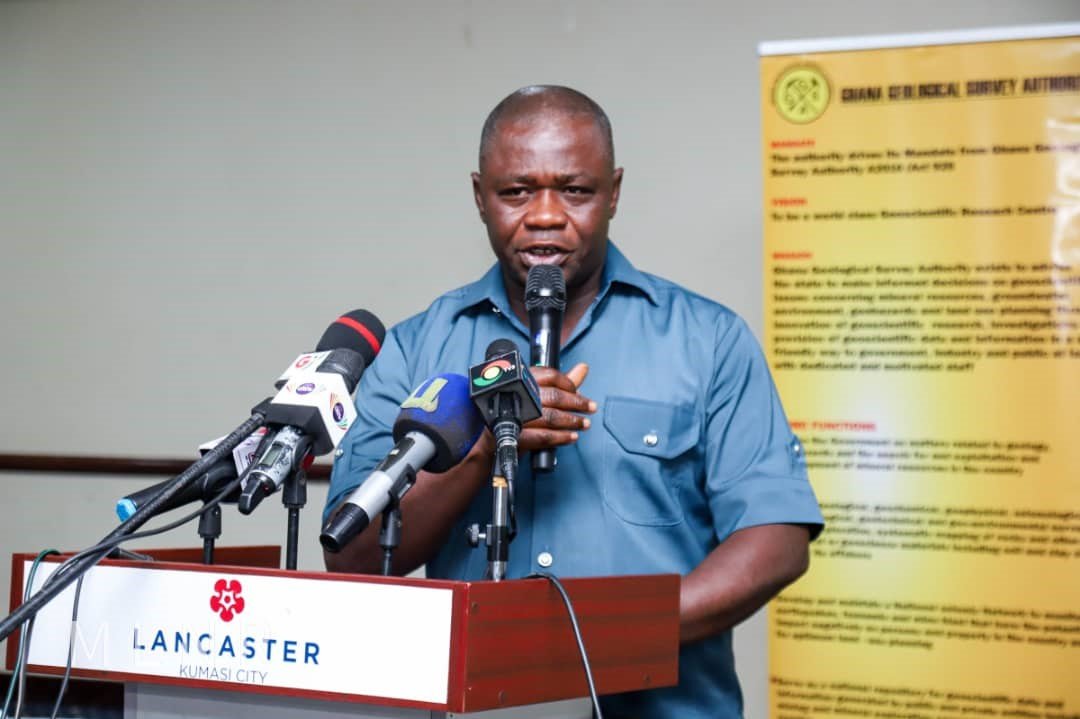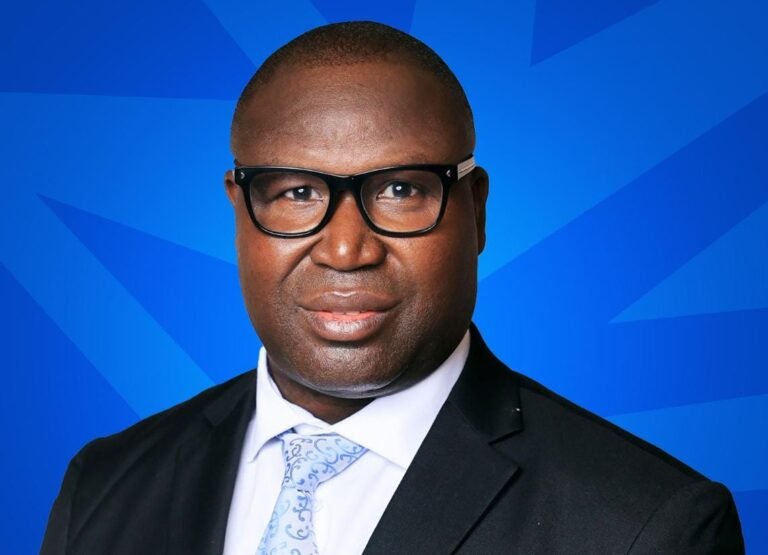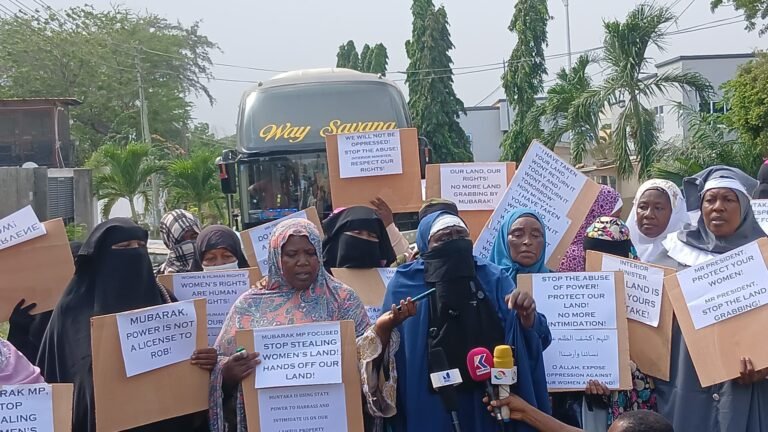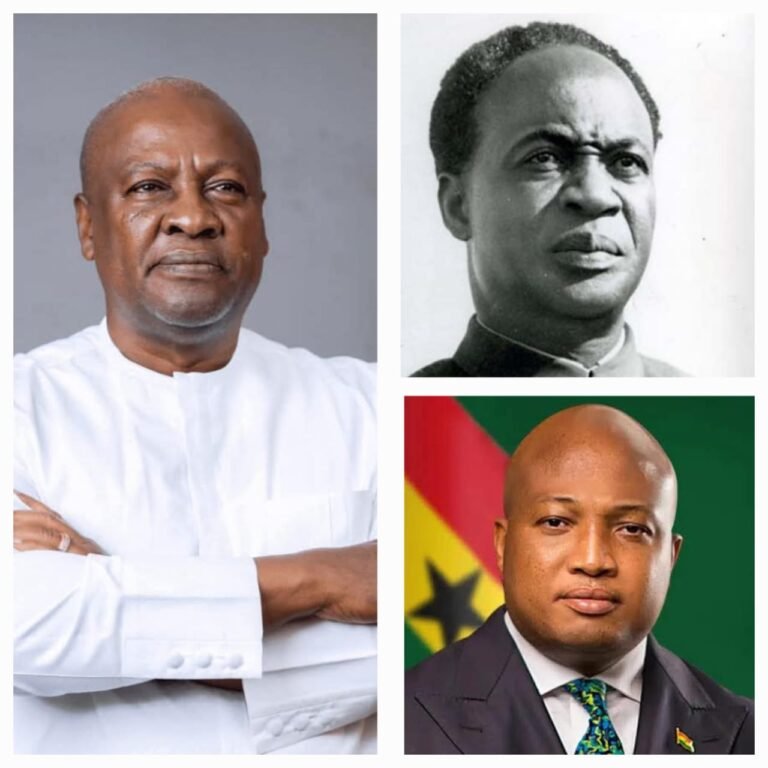
Isaac Mwinbelle, GGSA Director-General

The Ghana Geological Survey Authority (GGSA) has stressed the need for government to build the capacity of media practitioners through the right training on reporting of earth tremors and other seismic activities.
He said whilst doing that, both government and the media should also put premium on encouraging the building of earthquake resistant structures to enhance Ghana’s preparedness for any future earthquake
The Director-General of the GGSA, Isaac Mwinbelle, made the call when his outfit trained over 50 journalists from selected media house in the Ashanti Region regards to earth tremors and other seismic activities reportage.
The sensitization programme was aimed at equipping journalists with the requisite knowledge on the mandate and activities of the GGSA as well as the key role it plays in detecting earth tremor.
He disclosed that his outfit acknowledges the role of the media as a tool for the dissemination of information, hence the decision to partner them and bridge the gap between the GGSA and the public.
Earthquake reporting
He emphasised the workshop will go a long way to empower the media practitioners with the knowledge on how to provide accurate reportage on seismic occurrences and activities of the GGSA.
“The mandate of the authority has been, amongst others, to conduct geological investigation, conduct seismic monitoring for the country and to advice government on issues of geo-science as well as being the national repository of all geological information”, he stated.
“We find it necessary to come to the Ashanti Region to use the media in the region to help educate the public on the mandate of the GGSA and get them to know exactly what we are doing in terms of national development”, he added.
The GGSA Director General reminded journalists that the recent earthquakes in Turkey and Syria should serve as a wakeup call to Ghana.
He said even though it was over 80 years since Ghana experienced an earthquake, the earth tremors experienced in recent times meant that energy was building up within the earth which could cause a major earthquake anytime in the future.
He said unlike Turkey, Ghana was very far from major earthquake zones and even in West Africa, the nation was in a stable zone. Mr Mwinbelle advised journalist and citizens to learn from Turkey and Syria’s cases and adhere to the right building codes.

Regular sensitization
He also urged the media to educate the public through their medium to desist from putting up structures in such high-risk areas for their own safety.
Mr Mwimbelle revealed that his outfit was putting together a sensitisation programme for occupants of high rising buildings, the public and institutions, on preparedness and response measures towards earthquakes.
He advised them to seek expert advice from the GGSA before putting up structures in any area, adding that, such a step would ensure that people did not build in high-risk zones. He also gave a comprehensive and overarching presentation on the mandate, division and other key aspects of the GGSA.
He explained that the mandate of the GGSA is to “develop and maintain a National Seismic Network to monitor earthquakes, tsunamis and mine blast and monitor and evaluate geological hazards and risks for public safety”.
Mr. Nicholas Opoku, the head of Seismic Division of the GGSA, took the media practitioners through series of demonstrations on the safety measures to take in the wake of earthquakes.
The media practitioners commended the GGSA for the seminar which they describe as timely due to recent earth tremors recorded in some parts of the country.




